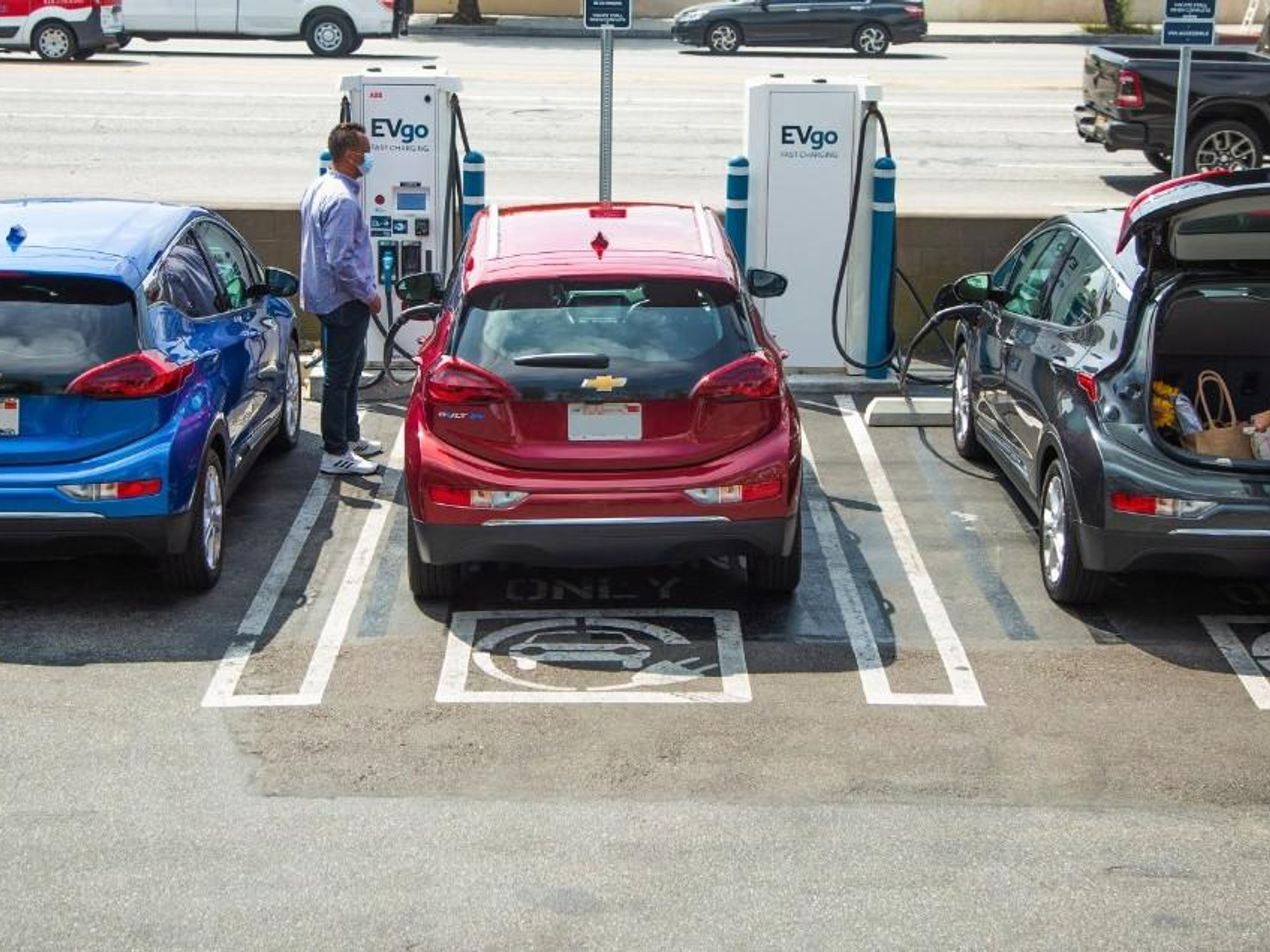The Most Promising LA Clean Tech Companies of 2021
David Shultz reports on clean technology and electric vehicles, among other industries, for dot.LA. His writing has appeared in The Atlantic, Outside, Nautilus and many other publications.

Eve Energy Ventures Inc (Xeal)
Eve Energy Ventures is an electric vehicle charging company. Also known as “Xeal,” the Venice-based corporation provides charging stations for apartments and workplaces. In October this year, the company announced that it raised $14 million to install upwards of 10,000 new charging stations across the United States. What sets Xeal apart from other charging tech is that their chargers do not require Wi-Fi connectivity between the vehicle and the charger. Instead, the company relies on another emerging technology: blockchain. Users download the app and receive a cryptographic token that shows the location of all Xeal chargers, and then the chargers themselves can authenticate the token without the need for Wi-Fi, which can be hard to come by in concrete parking structures.
Enervee
Enervee is a company that rates appliances and products based on their energy efficiency. Retailers can then sell products in Enervee’s store where scores appear next to products to try to help consumers make more efficient purchases. The Venice-based software company allows retailers to sell products at discounted rates that are made possible by applying Energy Saving Instant Rebates at the time of purchase. The ultimate idea is to help consumers find the most energy efficient products and buy them at the lowest cost possible, from washing machines to automobiles. This year, Enervee announced a financing partnership with San Francisco-based fintech company One that allows consumers expanded financing options for their energy efficient purchases, mostly focused on lowering monthly payments. The State of California and Southern California Gas Company (SoCalGas) are also participating in the financing program.
EVgo
Another EV charging company, EVgo made headlines over and over this year for building strategic partnerships with giants like General Motors, Uber, Tesla, and BMW. The company also won grants and funding from various state governments, including California, to expand their charging station offerings. The Los Angeles-based company boasts that 80% of all Californians live within 10 miles of one of their fast chargers, and the company has more than 800 stations nationally across 34 states. Last week, the company announced that their PlugShare app surpassed 1 million downloads in 2021. With electric vehicles forecasted to make up half of all vehicles by the end of the decade, EVgo’s could wind up on this list several more times in coming years.
Heliogen
Heliogen Inc. makes a concentrated solar energy system that uses a series of mirrors to concentrate sunlight into a small area and produce steam. In addition to heat and power, this year the Pasadena-based company announced a partnership with Bloom Energy Corporation to use their technology to produce green hydrogen energy as well. If that wasn’t enough, Heliogen also unveiled an autonomous robot that helps install and maintain concentrated solar energy plants. With backing from Bill Gates, the company is reportedly planning to go public via a 2-billion-dollar SPAC deal with Athena Technology Acquisition Corp.
Connect Homes
Connect Homes specializes in prefabricated home building. Unlike traditional construction practices, prefabs offer easier installation and drastically reduce the carbon needed to complete a build. dotLA has previously covered Plant Prefab, but Connect Homes takes the spot on this list for its grand aspirations to actually replace traditional construction techniques. With a former Apple exec, Greg Leung CEO, the Los Angeles-based prefab company is growing at record levels and can now complete an entire house in less than a month. Combined with a focus on cutting edge insulation and energy efficiency, Connect Homes is building houses that cost less carbon up front and save energy after installation as well.
- Los Angeles Clean Tech Startup News - dot.LA ›
- The Climate Crisis Is Changing How LA VCs Invest — Here's How ›
- Heliogen's 'Sunlight Refinery' Captures Carbon-Free Energy - dot.LA ›
- EVgo Tries to Predict the Future of Car Charging - dot.LA ›
- LA's Clean Tech Startups Tackle Climate Change - dot.LA ›
- Aspiration Acquires Carbon Insights to Track Carbon Use - dot.LA ›
- Elevation Ventures Is Raising $50M for a Climate-Focused Tech Fund in SoCal - dot.LA ›
- Nuclear Fusion Ignition! We Did it! So What? - dot.LA ›
David Shultz reports on clean technology and electric vehicles, among other industries, for dot.LA. His writing has appeared in The Atlantic, Outside, Nautilus and many other publications.




 Image Source: JetZero
Image Source: JetZero